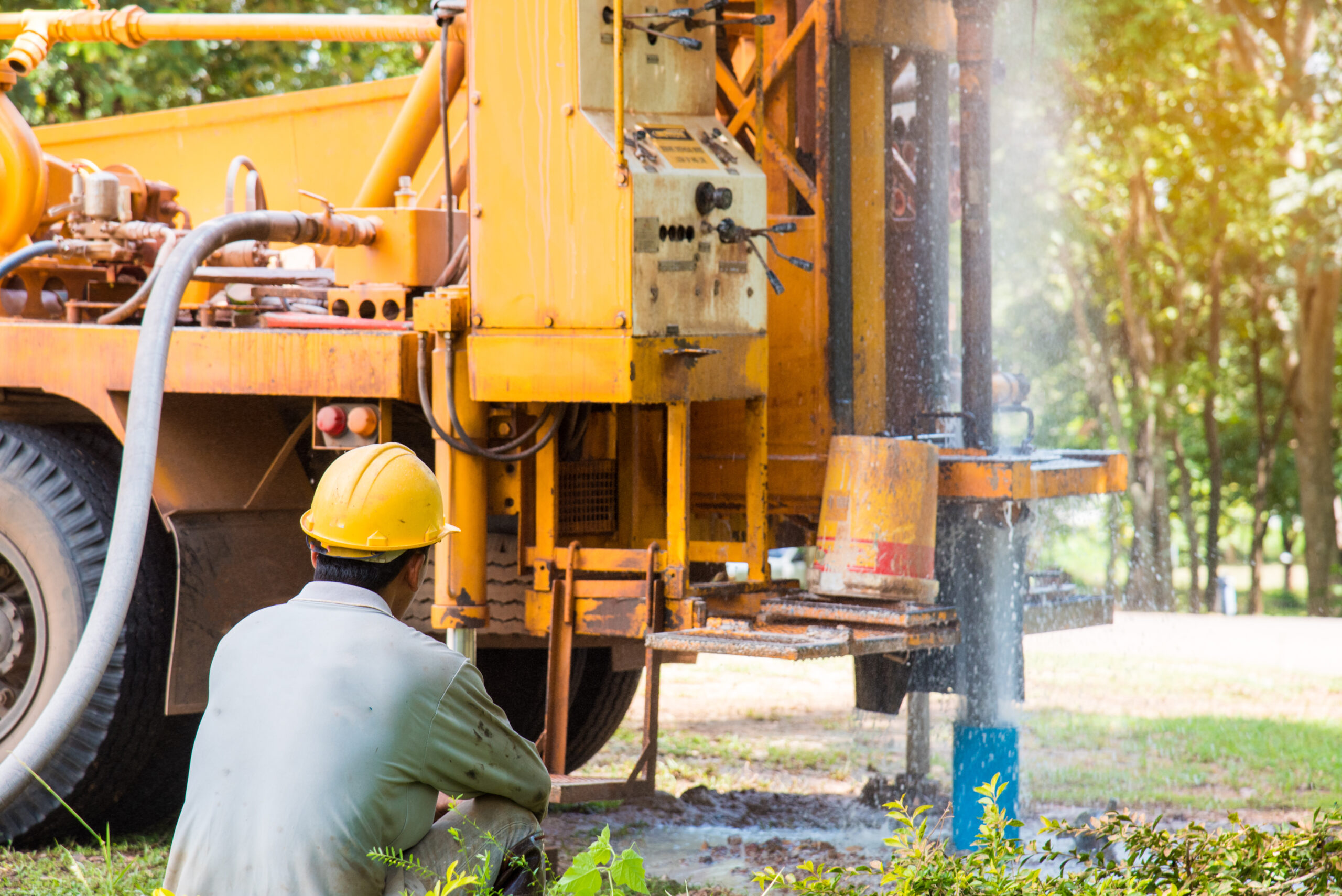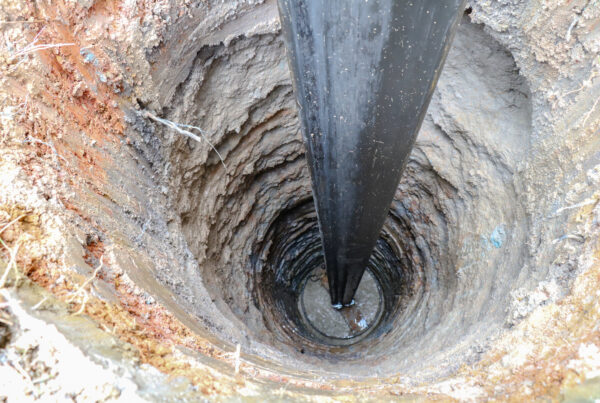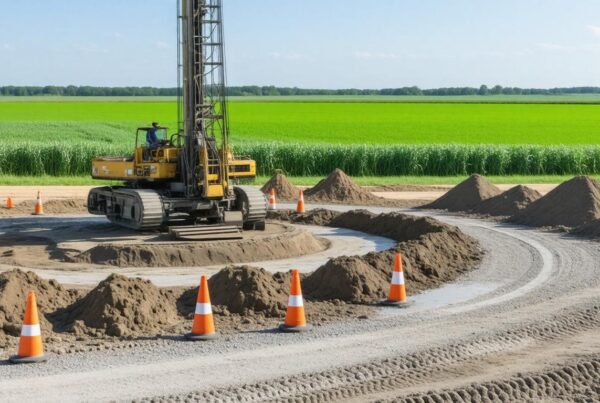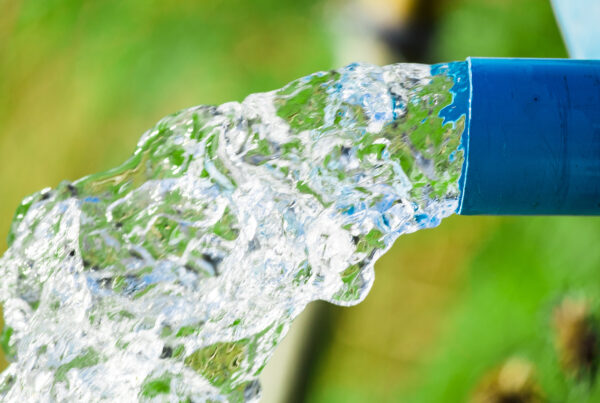Water well installation is a practical solution for homes, farms, and businesses seeking a reliable source of clean water. Whether you’re in a rural area without municipal water access or looking to supplement your existing water supply, installing a water well offers independence, sustainability, and long-term savings. Understanding the installation process, costs, and maintenance requirements helps you make informed decisions for your property.
Why Consider Water Well Installation?
Installing a water well provides numerous benefits, including:
- Reliable Water Supply: Access to water even during municipal outages or droughts.
- Cost Savings: Reduces monthly water bills over time compared to city water.
- Self-Sufficiency: Ideal for farms, ranches, and rural homes seeking independence.
- High-Quality Water: Well water can be filtered and tested to meet your household or business needs.
- Environmental Benefits: Reduces reliance on municipal infrastructure and water treatment systems.
Types of Water Wells
Choosing the right type of well is crucial for meeting your water needs efficiently. Common types include:
Drilled Wells
Drilled wells are made using rotary drilling equipment to reach deep aquifers. They provide a consistent water supply, are suitable for residential and commercial properties, and can last decades with proper maintenance.
Bored or Dug Wells
These are shallow wells created with hand tools or heavy equipment. While cheaper to install, they’re more prone to contamination and often require filtration.
Driven Wells
Driven wells involve driving a small diameter pipe into shallow water-bearing sands. They are quick and inexpensive but typically limited to areas with high water tables.
The Water Well Installation Process
Professional water well installation involves several steps to ensure safety, efficiency, and long-term reliability:
Site Assessment
A licensed well contractor evaluates your property, soil type, water table depth, and local regulations. Proper site selection ensures a sustainable water source and minimizes risks of contamination.
Permitting
Many states and municipalities require permits for water well installation. Your contractor typically handles paperwork, ensuring compliance with local codes and environmental regulations.
Drilling or Excavation
Depending on the type of well, drilling or digging begins. Drilled wells use heavy equipment to reach deep aquifers, while dug or driven wells use smaller machinery.
Casing and Sealing
Casing is installed to prevent the well from collapsing and to protect groundwater from contaminants. A sanitary seal is often placed at the surface to prevent debris or bacteria from entering the well.
Pump Installation
A submersible or jet pump is installed to bring water from the well to your home or business. Pump size and type depend on the well depth, water demand, and property requirements.
Testing and Water Quality Analysis
After installation, the water is tested for contaminants such as bacteria, nitrates, and minerals. Treatment solutions, including filtration or softening systems, can be added based on results.
Factors Affecting Water Well Installation Costs
Several factors influence the overall cost of water well installation:
- Well Depth: Deeper wells require more drilling time and materials, increasing costs.
- Soil and Rock Conditions: Hard rock or clay soils can slow drilling and require specialized equipment.
- Type of Well: Drilled wells are generally more expensive than dug or driven wells.
- Pump and Equipment: High-capacity pumps and filtration systems add to the total cost.
- Permits and Inspections: Local regulations and required testing may increase expenses.
Average Cost of Water Well Installation
Costs vary by region, well depth, and equipment needed. On average:
- Residential Wells: $3,000–$15,000
- Commercial or Agricultural Wells: $10,000–$50,000+
- Pump and Filtration Systems: $500–$5,000 depending on type and capacity
Maintaining Your Water Well
Proper maintenance ensures water quality and well longevity:
- Regularly test water for contaminants
- Inspect and maintain the pump and pressure tank
- Keep the area around the well clean and clear of debris
- Seal and repair any cracks or damage to the casing
- Schedule professional inspections every few years
Benefits of Professional Installation
Hiring licensed water well contractors ensures safety, compliance, and optimal performance:
- Access to specialized drilling equipment and expertise
- Proper site evaluation and permit handling
- High-quality casing, pumps, and filtration systems
- Reliable, long-lasting water supply with reduced risk of contamination
Final Thoughts
Water well installation provides a reliable and sustainable water source for homes, farms, and businesses. By understanding the types of wells, installation process, costs, and maintenance requirements, property owners can make informed decisions that ensure safe, long-term access to water. Professional installation not only protects water quality but also maximizes efficiency and durability, making a well a smart investment for the future.


